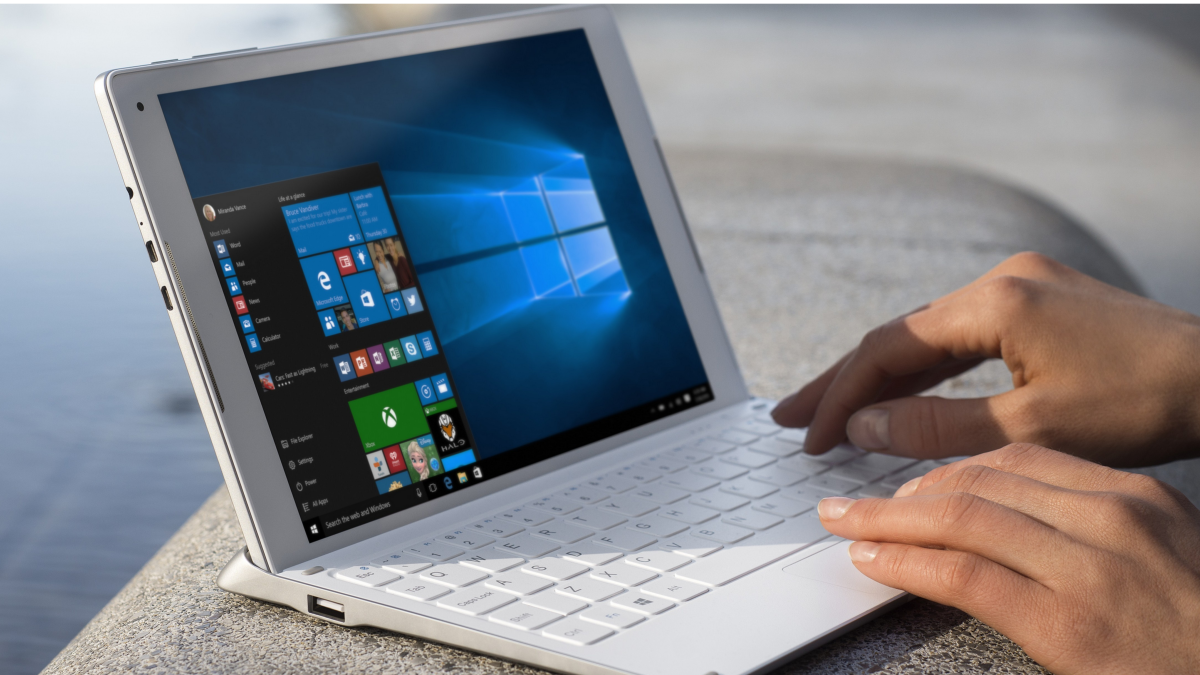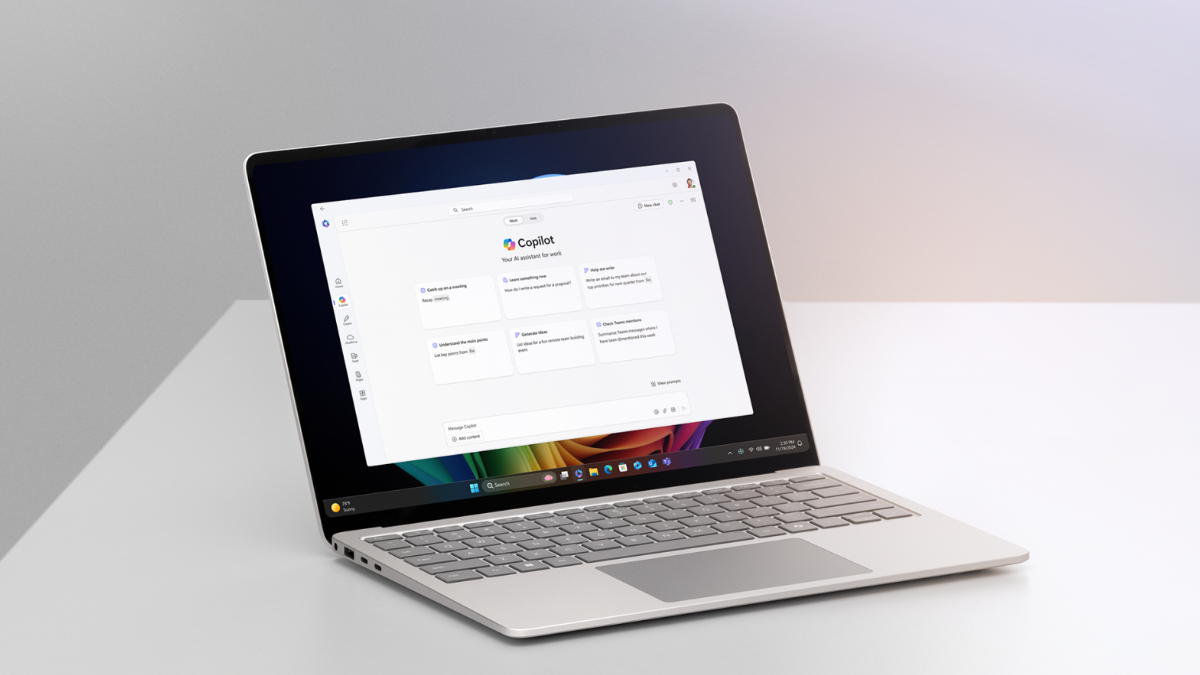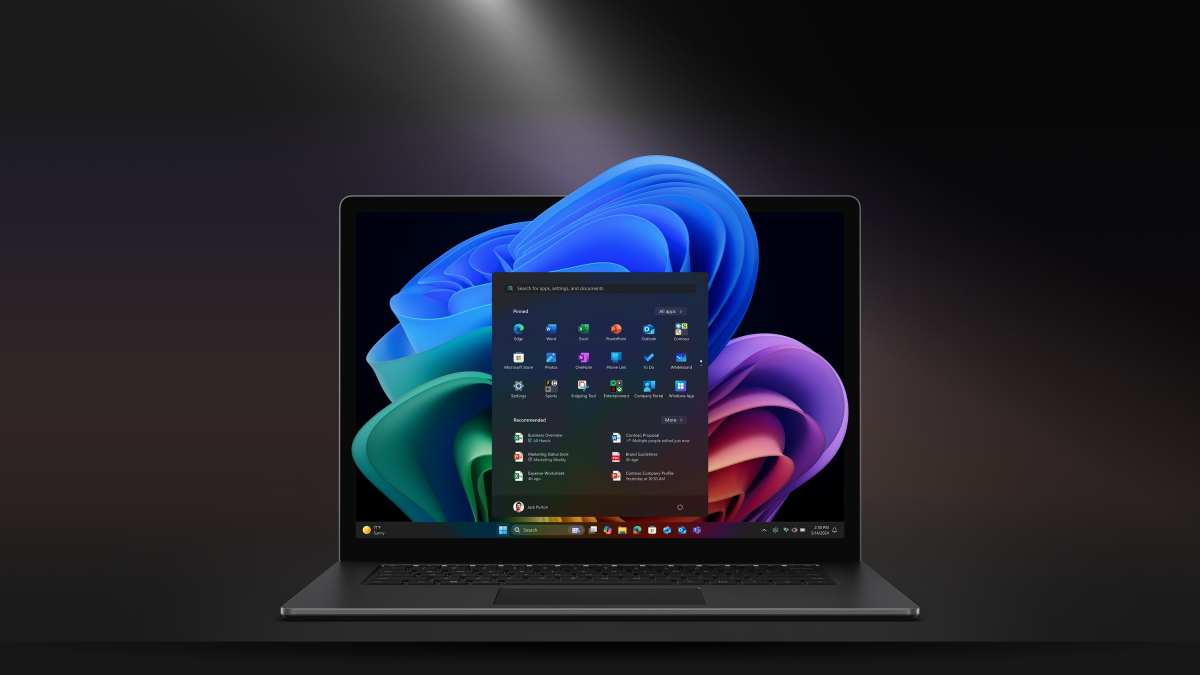AMD unveils Radeon RX 480 Series graphics cards with VR support starting at $199
2 min. read
Published on
Read our disclosure page to find out how can you help MSPoweruser sustain the editorial team Read more

At Computex, AMD today unveiled its Polaris architecture-based Radeon RX Series graphics cards that delivers premium VR capability at an affordable price of starting at just $199 for the 4GB edition. This will dramatically accelerate VR adoption and unleash the VR software ecosystem.
AMD expects that its aggressive pricing will jumpstart the growth of the PC VR TAM and accelerate the rate at which VR headsets drop in price:
- More affordable VR-ready desktops and notebooks: AMD expects that affordable PC VR enabled by Polaris architecture-based graphics cards will drive a wide range of VR-ready desktops and notebooks, providing a catalyst for the expansion of the addressable market to an estimated 100 million consumers over the next 10 years.4
- Making VR accessible to consumers in retail: Thus far, retail has not been a viable channel for VR sales as average system costs exceeding $9993 have precluded VR-ready PCs from seeing substantial shelf space. The Radeon™ RX Series graphics cards will enable OEMs to build ideally priced VR-ready desktops and notebooks well suited for the retail PC market.
- Unleashing VR developers on a larger audience: Adoption of PC VR technologies by mainstream consumers is expected to spur further developer interest across the ecosystem, unleashing new VR applications in education, entertainment, and productivity as developers seek to capitalize on the growing popularity of the medium.
- Reducing the cost of entry to VR: AMD expects that affordable PC VR enabled by Polaris architecture-based graphics cards will dramatically accelerate the pace of the VR ecosystem, driving greater consumer adoption, further developer interest, and increased production of HMDs, ultimately resulting in a lower cost of entry as prices throughout the VR ecosystem decrease over time.
Read more about this announcement here.









User forum
2 messages